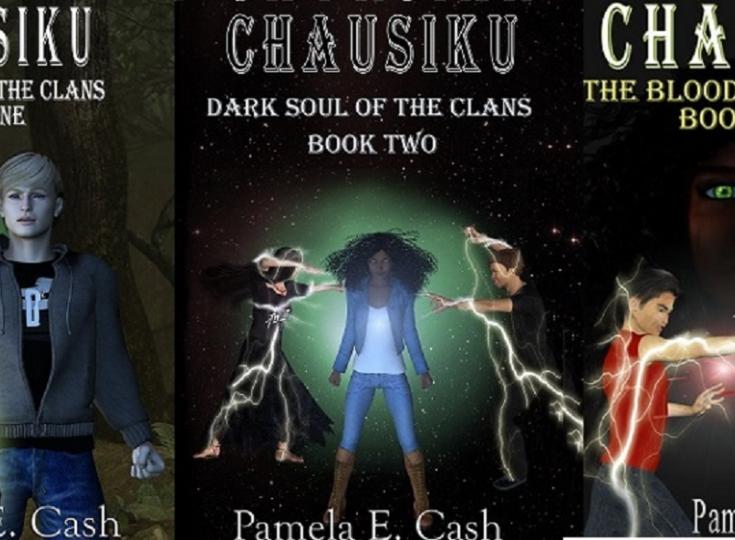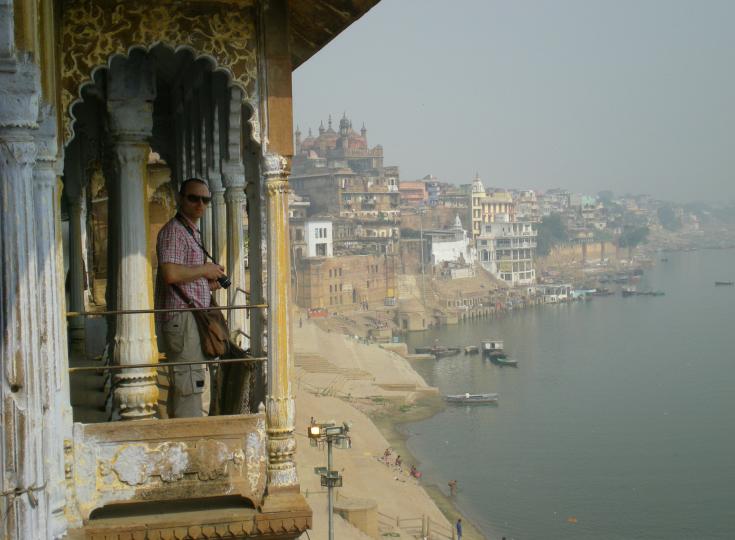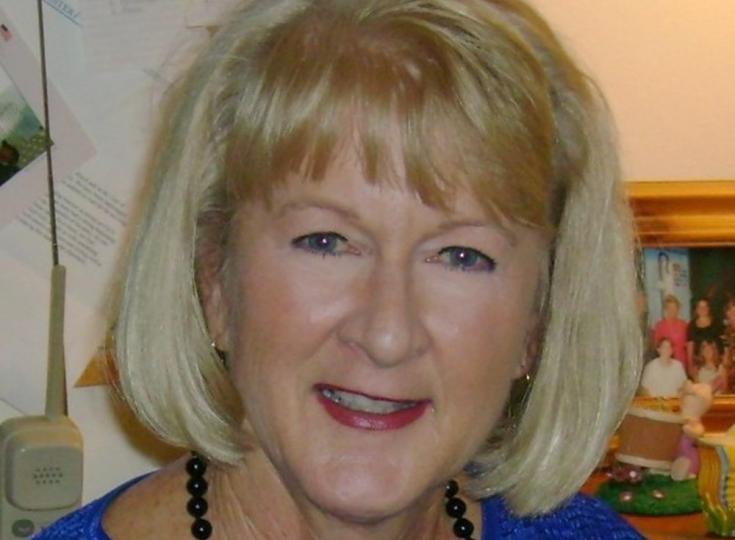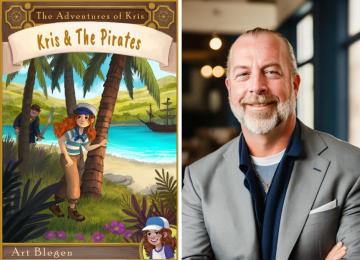Paul W. Papa - Compelling, Thoroughly Engrossing Noir Mystery
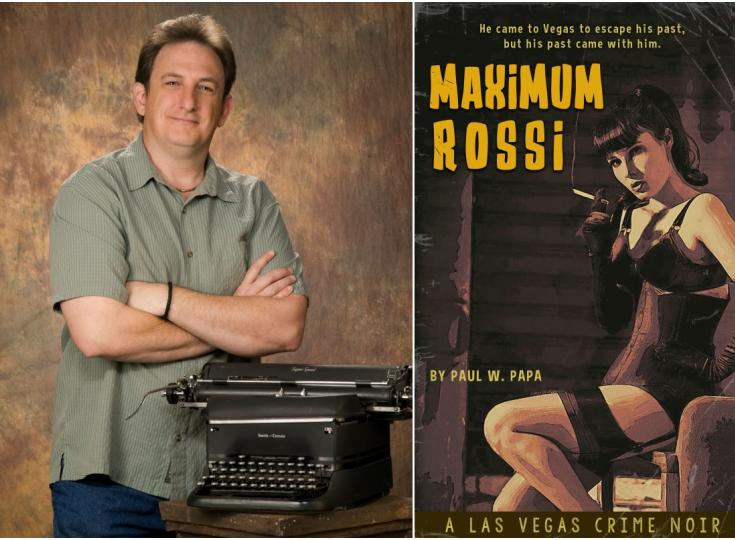
Paul W. Papa is a full-time writer and ghost writer who has lived in Las Vegas for more than thirty years. He developed a fascination with the area, and all its wonders, while working for nearly fifteen years at several Las Vegas casinos.In his role as a security officer, Paul was the person who actually shut and locked the doors of the Sands Hotel and Casino for the final time. He eventually became a hotel investigator for a major Strip casino, during which time he developed a love for writing stories about uncommon events. When not at his keyboard, Paul can be found talking to tourists on Fremont Street,investigating some old building, or sitting in a local diner hunting down his next story. As our Author of the Day, Rossi tells us all about his book, Maximum Rossi.
Please give us a short introduction to what Maximum Rossi is about.
Maximum Rossi is about a man looking to escape his past and build a future for himself. Max’s father is a well-known fixer for the Mob in Boston. Max tried the life, but it wasn’t for him. He came to Las Vegas for a Batcheler party and fell in love with the place. Only, in a town like Vegas, its not so easy to put the past behind you. The mob doesn’t want him here and neither do the police. So when a rival mobster winds up dead, all eyes—mob and police alike—turn to Rossi. Unfortunately, his only alibi is the dead man’s girlfriend and she’s suddenly nowhere to be found. Rossi needs to find her because if the police don’t get him, the mob will!
What inspired you to write a crime noir set in Las Vegas?
When I was in high school I picked up a copy of Raymond Chandler’s Lady in the Lake. I was hooked and have been a fan of crime noir ever since. I’ve lived in Las Vegas for more than 30 years and have written several non-fiction books about the fledgling town (it’s just over 100 years old). Through my research, I became fascinated with the place and its history. So much has happened in such a short time here. It started as a Wild West tent camp and turned into an entertainment destination—reinventing itself over and over again along the way. In that time, the era that seems to keep people fascinated is the 1950s and 60s, when it was still a relatively small town. I have always wanted to write a fiction series set in Las Vegas during that time and Maximum Rossi seemed the perfect fit.
Tell us more about Max Rossi. What makes him so special?What did you have the most fun with when writing this book?
I think what makes Max special is that he understands people and can see both sides of a coin. He also has a strong moral character. He could have had a pretty easy life, following in his father’s footsteps, but decided the gangster life wasn’t for him. That doesn’t make him a “goody two-shoes,” by any means. He’s not opposed to getting his hands dirty, he just doesn’t want them stained. Max understands how things work and how to work within the system.
Why did you pick the 1950s as the backdrop for this story?
The 1950s and 60s is the time when the mob ruled Las Vegas. It is also the era that most people look fondly upon. I have been lucky enough to meet many people who helped make this town what it is today—showgirls and dancers, security officers and bellman—all of whom worked in that era. It seemed a natural fit for crime noir.
How much research did it require from you to make the history-part of this feel authentic?
Quite a bit actually, but it was done over many years. I have written several non-fiction books about Las Vegas, my favorite of which was Discovering Vintage Las Vegas. It was while researching that book that I found so much about the town during the 1950s. I used much of what I learned in that book for Maximum Rossi. I also worked in casinos for quite a while, part of that time as an investigator. In fact, I was the actual person who shut and locked the doors to the Sands casino for the final time.
Besides writing, what other secret skills do you have?
Well, if they’re secrets, I can really tell you can I? Seriously though, I’m also an artist, a sculptor, and a musician.
What fascinates you about the mob?
I’m not fascinated with the mob itself, as much as I am fascinated with people’s fascination with the mob. Heck, we have a whole museum here in Las Vegas dedicated to the mob (though it is also dedicated to the police). By the way, it is a great museum! People love mobsters and that is interesting to me.
Do you work to an outline or plot or do you prefer to just see where an idea takes you?
I plot. Actually, I believe every successful writer plots, I just think they each have different ways of capturing that plot. Some have to write it down in great detail, while some keep it all in their heads. I guess I’m somewhere in the middle. I write out an outline per chapter. I figure out what needs to happen in each chapter and then let my characters get themselves there.
Do any of your characters take off on their own tangent and refuse to do what you had planned for them?
Yes. Jeannie wouldn’t come out of hiding and it was very annoying. I kept trying to get her back into the story, but she seemed to have her own plan of when she wanted to reappear. In the end, I just let her do her thing.
What did you have the most fun with when writing this book?
Crime Noir was the originator of many of the clichés we all commonly use. Only, they weren’t clichés then. It was common speech patterns to them and I found it real fun trying to write in that mind set. Things like He was a lemon of a man, as sour as they came; there is a certain rhythm to it that I find very enjoyable. I really like writing dialogue and that rhythm plays a big part.
What genre of books do you like to read? Do you limit yourself to only the genre that you write yourself?
I write both fiction and non-fiction, so I’m constantly reading in both worlds. With fiction, I prefer mysteries, but am open to any clever well-written story. For non-fiction, I look for tales that aren’t common or a different take on a common tale. My non-fiction writing is the same.
Do you have any interesting writing habits? What is an average writing day like for you?
I don’t really have any “interesting” writing habits; however, I am able to simply sit down and start writing at any time. This probably comes from my years as an investigator. I had to write many reports and typically had to write them at all different times. I couldn’t afford to wait for inspiration to write, but it taught me to write at any time of the day or night. I typically get up pretty early (7ish), answer emails, and do some social media posting. Then I start writing. I’ll first review what I wrote the day before, making changes as needed, then keep going until my scene is finished. I prefer shorter chapters, so my scenes are usually one chapter long.
What are you working on right now?
I’m putting the finishing touches on my next non-fiction book called Desert Dust. It is Wyoming’s version of the Hatfields and McCoys and is about a wild palomino stallion who was caught in the Red Desert using an airplane in 1945—something very controversial at the time. A photo was taken of the horse which became famous, ending up in the U.S. Senate Chambers, the House of Commons in London, and the Canadian Parliament. The horse also starred in a academy-award nominated short film and two travelogues, all while the man who caught him and the man who took the photo battled in court over the rights to the photo and the horse’s copyrighted name. After that, I’ll be starting on the next Rossi book.
Where can our readers discover more of your work or interact with you?
I have a website-www,paulwpapa.com, and a Facebook page-https://www.facebook.com/PaulWPapa/. I have also started a Facebook group for fans of the Rossi series-The Adventures of Massimo Rossi--https://www.facebook.com/groups/623467625095507/?source_id=241464472639… you can find photos of the actual places Rossi goes to in the book, like the Emerald Room, as well as other insights.

